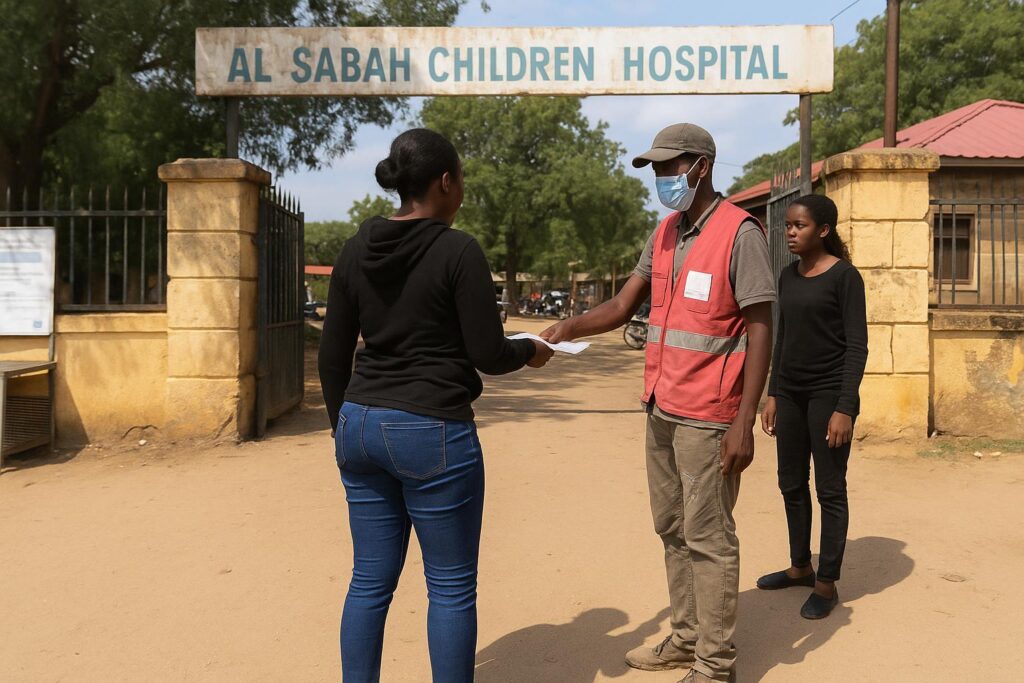Growing Health Workforce Paradox
South Sudan has invested in pediatric training, yet hospital wards still struggle with shortages, a paradox highlighted this week at El Sabah Children’s Hospital in Juba.
Alarm Over Idle Pediatric Talent
Standing beside neonatal incubators in Juba, Executive Director Justin Bruno voiced concern that nearly fifty trained pediatricians are still awaiting placement across South Sudan, a country where childhood mortality remains high (Eye Radio).
Heart Screening Drive Links Juba and Jerusalem
His comments came during a joint visit by Health Minister Sarah Cleto Rial, Israeli Ambassador Gershon Kedar, and Save Our Children’s Heart doctors, who began a three-day screening mission for cardiac defects in children.
Under a bilateral deal, severe cases will be airlifted to Israel for free surgery, echoing past collaborations between Juba and Jerusalem in specialized care.
Ministerial Response and Data on Untreated Cases
Minister Rial reported that more than two hundred children had already been examined, with about fifty needing treatment abroad, and thanked Israeli partners for what she called “a lifeline for our youngest citizens”.
She also pledged to engage the Ministry of Public Service to accelerate pediatrician recruitment, acknowledging that empty hospital posts risk undermining gains in immunization and nutrition.
Workforce Deployment: Road Ahead
Health economists argue that deploying the idle specialists could reduce referral costs and build trust in provincial clinics, yet budget ceilings and security logistics have slowed postings.
Observers say a phased absorption plan, supported by donor-funded stipends and telemedicine mentoring, may offer a realistic path while the treasury works toward full payroll integration.
For parents like Mary Ladu, who queued at dawn for her daughter’s screening, the equation is simple: more doctors at home mean fewer anxious journeys abroad.


